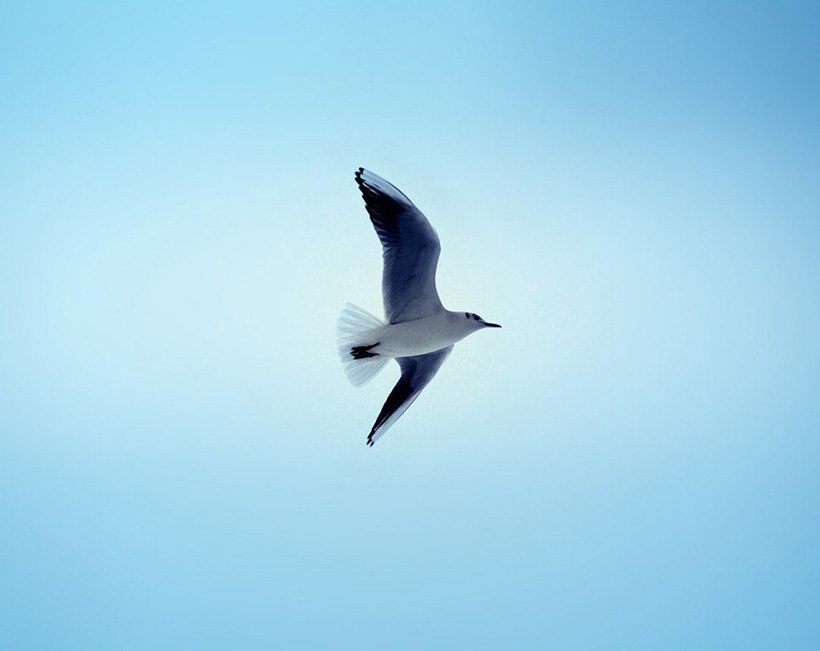Why do We need to Conserve Biodiversity?
One way of explaining biodiversity is the phrase – ‘when one tugs at a single thing in nature, he finds it attached to the rest of the world.’ All living creatures need other creatures and plants in one way or another – even if the connection is not so clear. Biodiversity is about the diversity – the range of different living things and systems in an area. The more plant, insect and animal species there are in one area the greater the biodiversity and the healthier the ecosystem!
The project which reintroduced wild wolves into Yellowstone National Park in North America led to enormous changes to the ecosystem. Until recently many people, including ecologists and scientists, didn’t understand the unique importance of top predators in an eco system – specifically the ‘trophic cascade’ effect. A trophic cascade is a process which starts at the top of the food chain, working all the way down to the bottom. The impact of the wolves is a very fascinating story, here is a simplified version as an example;
The wolves in Yellowstone National Park ate deer which had grazed the vegetation bare, so plants were able to flourish again – areas regenerated and trees were able to grow. This provided food and shelter for hundreds of other animal species; insects, mammals, birds, birds of prey, amphibians and fish. With more plants, trees and animals the soils improved and became stronger – less prone to erosion, drought and flooding. The more biodiversity an area has, the healthier it is because it supports a large number of animal and plant species.
Biodiversity and the protection of our ecosystems is also important to us all as individuals. We can all appreciate the beauty of biodiversity whether we are looking at a view, rock-pooling, going for a walk in a wood or sitting in a garden. Human beings like to live in a varied natural environment with open spaces to walk and play in, trees for shade, colourful flowers, clean water for swimming and paddling, birds and animals.
Can you imagine what would our world be like without trees?

